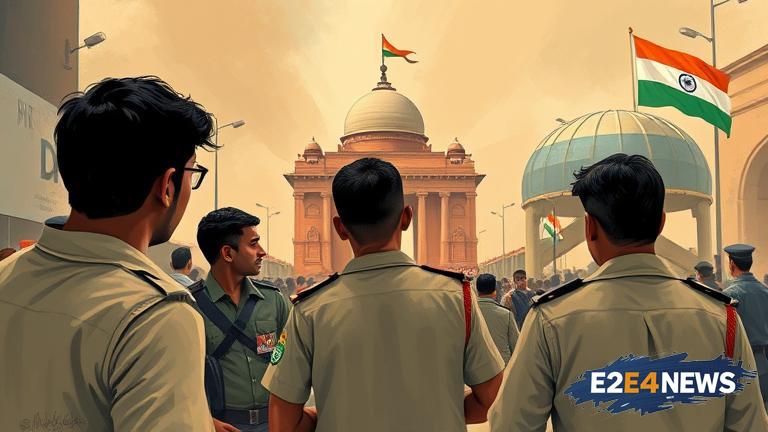In a significant verdict, a Delhi court has acquitted 6 individuals who were accused of participating in the 2020 Delhi riots. The court’s decision has been seen as a major setback for the police, who were criticized for their handling of the case. The accused individuals were charged with various offenses, including rioting, arson, and assault. However, the court found that the prosecution had failed to provide sufficient evidence to prove their guilt. The judge noted that the police had relied heavily on circumstantial evidence and had failed to conduct a thorough investigation. The court also criticized the police for trampling on the human rights of the accused individuals, who were allegedly subjected to torture and mistreatment while in custody. The 2020 Delhi riots were a series of violent clashes that broke out in the city in February 2020, resulting in the deaths of over 50 people and injuring hundreds more. The riots were sparked by protests against the Citizenship Amendment Act (CAA), which was passed by the Indian government in December 2019. The CAA has been widely criticized for being discriminatory against Muslims and other minority groups. The Delhi riots were widely condemned, with many criticizing the police for their failure to prevent the violence and their alleged role in perpetuating it. The acquittal of the 6 accused individuals has been seen as a victory for human rights activists, who have long argued that the police have been heavy-handed in their response to the riots. The verdict has also sparked renewed calls for an independent investigation into the riots and the police’s handling of the case. The Indian government has faced widespread criticism for its handling of the riots, with many accusing it of failing to protect the rights of minority groups. The United Nations has also expressed concern over the situation, calling on the Indian government to ensure that the rights of all citizens are protected. The Delhi court’s verdict has been seen as a significant blow to the Indian government’s efforts to prosecute those accused of participating in the riots. The government has been accused of using the riots as a pretext to crack down on dissent and silence critics. The acquittal of the 6 accused individuals has also raised questions about the reliability of the evidence presented by the police and the fairness of the investigation. The case has highlighted the need for greater accountability and transparency in the investigation and prosecution of those accused of participating in the riots. The Delhi court’s verdict has been welcomed by human rights activists, who have long argued that the police have been guilty of human rights abuses in their response to the riots. The verdict has also sparked renewed calls for police reform and greater accountability within the force. The Indian government has faced widespread criticism for its failure to address the root causes of the riots, including poverty, inequality, and social injustice. The Delhi riots have highlighted the need for greater efforts to promote social cohesion and address the grievances of minority groups. The acquittal of the 6 accused individuals has been seen as a significant step towards justice and accountability, but much work remains to be done to address the underlying causes of the riots and to ensure that the rights of all citizens are protected.
